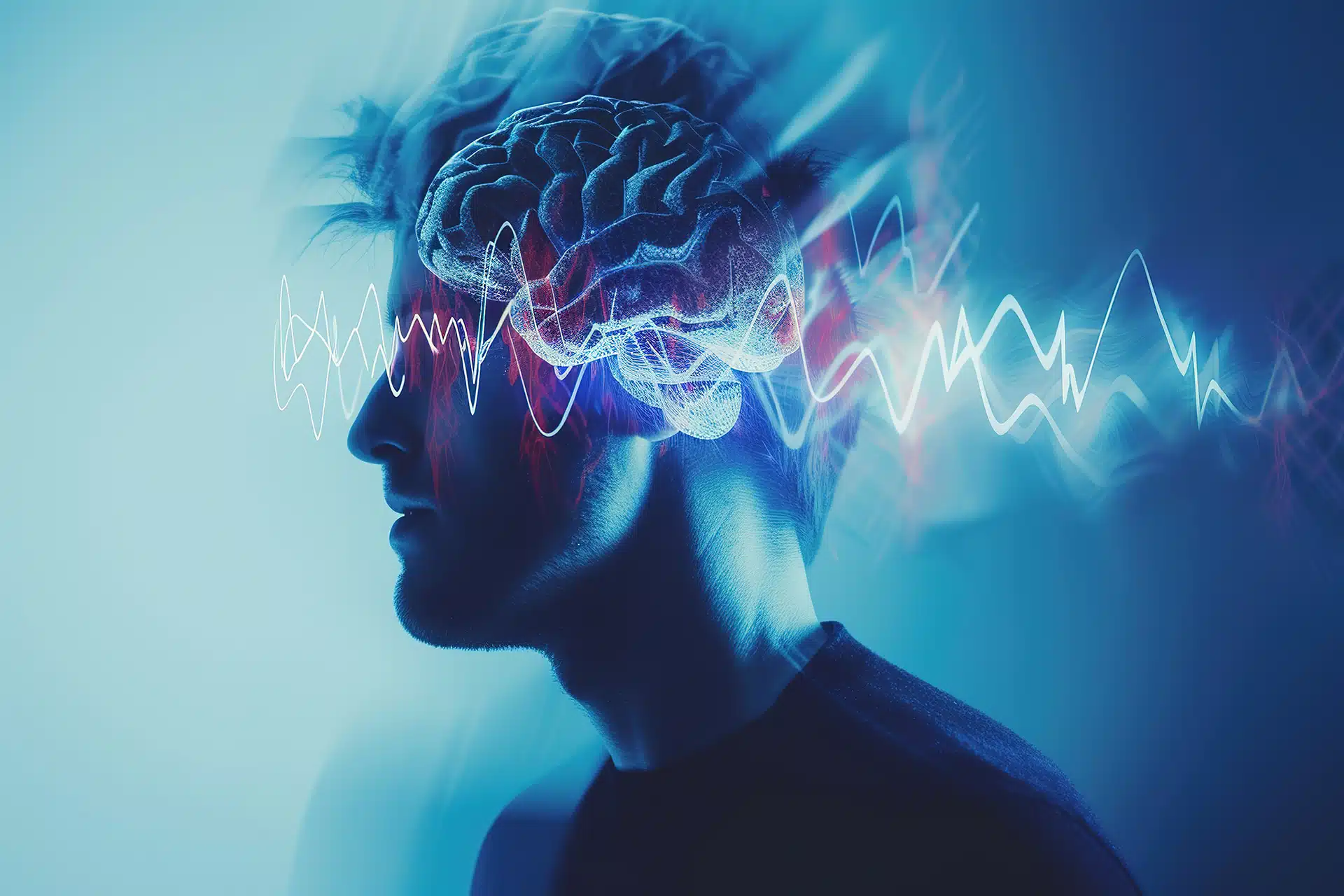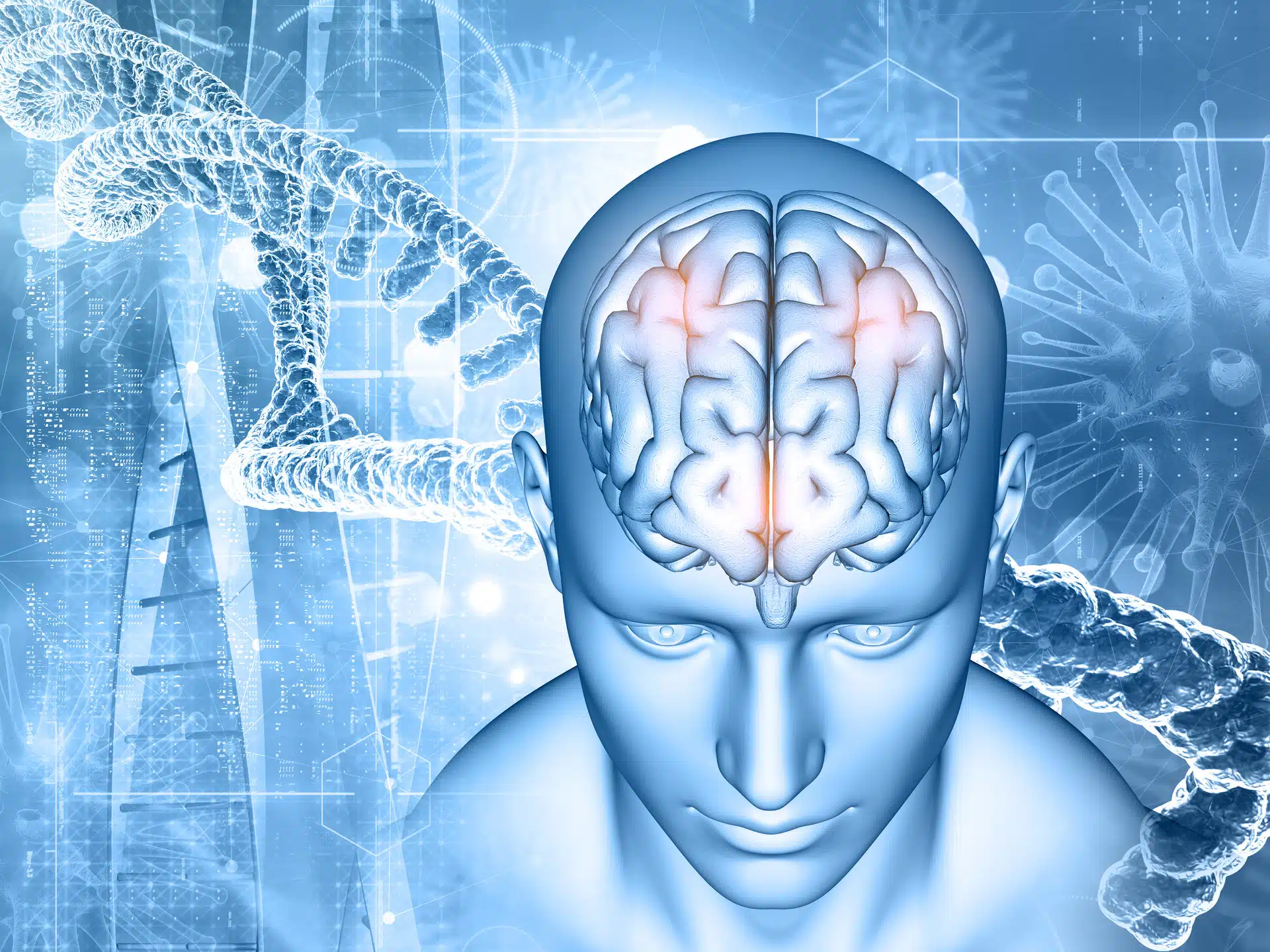Share
Alzheimers disease and other forms of dementia

Alzheimer’s Disease Overview
Alzheimer’s disease (AD) is the most common and extensively studied cause of dementia. Dementia is described as an acquired progressive cognitive impairment that is sufficient to impact activities of daily living and is a major cause of dependence, disability, and mortality. AD is a degenerative brain disease that typically begins in late life and is characterized by progressive dementia caused by neuronal death. Symptoms include progressive memory loss, impaired daily activities, and other manifestations such as aphasia (language impairment), apraxia (motor skills disorder), and agnosia (loss of perception).
Clinical Phases of Alzheimer’s Disease
The clinical phases of Alzheimer’s disease can be classified into four stages.
Pre-symptomatic stage involves mild memory loss without significant functional impairment and early pathological changes in the cortex and hippocampus, the main regions affected in AD.
Mild or early stage of AD is characterized by difficulties in daily activities, memory loss, disorientation in place and time, mood changes, and the development of depression.
Moderate stage, the disease spreads to cerebral cortex areas, leading to increased memory loss, trouble recognizing family and friends, loss of impulse control, and difficulty with reading, writing, and speaking.
Severe or late stage involves the spread of the disease to the entire cortex with severe accumulation of neuritic plaques and neurofibrillary tangles, resulting in progressive functional and cognitive impairment. Patients in this stage cannot recognize their family, may become bedridden with difficulties in swallowing and urination, and eventually die due to these complications.
Pharmacokinetics of Cannabis Products in AD
The endocannabinoid system (ECS) is composed of cannabinoid receptors 1 and 2 (CBR1 and CBR2), endocannabinoids, and enzymes involved in the biosynthesis or degradation of endocannabinoids. The ECS is involved in numerous physiological functions, including cognition. Alterations in the ECS have been observed in AD, but it remains unclear whether endocannabinoid signaling is upregulated to counteract neuronal inflammation or if the upregulation itself contributes to AD symptoms.
A recent study assessed the effect of cannabinoids, namely cannabidiol (CBD) and tetrahydrocannabinol (THC), on an AD mouse model. The study examined the effects of CBD (0.273 mg/kg), THC (0.205 mg/kg), or a combination of both (CBD; 0.273 mg/kg:0.205 mg/kg). It was found that THC alone induced anxiogenic and depressant-like behavior, while the combination of THC and CBD improved spatial memory. All cannabinoid-treated groups showed a significant increase in the insoluble form of β-amyloid 1-42 with no alterations in inflammation parameters.
In 2022, a case report described a 75-year-old white man with mild stage AD who exhibited symptoms of memory deficit, spatial and temporal disorientation, and limited daily activity. Microdoses of cannabis extract were orally administered over 22 months, with varying doses of THC. The patient and his caregiver reported a substantial improvement in quality of life, with no signs of toxicity or significant side effects. This case highlighted the importance of dosage, as 500 µg of THC was found to be the most effective dose.
In 2023, another study reported the effect of CBD on AD mouse models. CBD administered at 25 mg/kg ameliorated cognitive impairment in mice and modulated microglial activity, promoting neurotrophic factor release and regulating inflammatory genes.
A study on oil-diluted cannabis extract, Bedrocan® (22% THC, 0.5% CBD), administered orally twice a day for 12 weeks to AD patients, demonstrated a significant reduction in agitation, apathy, irritability, sleep disturbances, and eating disturbances, consequently improving AD symptoms.
Symptoms of AD that Cannabis Can Help Alleviate
Several scientific reports have demonstrated the effect of cannabis on the amelioration of AD symptoms. The administration of THC in combination with CBD in an AD mouse model improved spatial memory, a common symptom in the mild or early stages of AD. Additionally, there is a case report showing that microdoses of cannabinoids, mainly THC, improved the quality of life with cognitive and memory enhancement. Research studies on CBD treatment in AD mouse models observed an amelioration of cognitive impairment and a decrease in neuroinflammation. There is also a report with AD patients where the oral administration of oil-diluted cannabis extracts improved symptoms by reducing agitation, apathy, irritability, sleep disturbances, and eating disturbances. In summary, the oral administration of cannabinoids can have a beneficial effect on the improvement of AD symptoms, but more studies are needed to further pinpoint the optimal dosages and combinations.
Existing Evidence
https://jmedicalcasereports.biomedcentral.com/articles/10.1186/s13256-022-03457-w#Sec2
https://www.mdpi.com/2073-4409/12/23/2672
https://pubmed.ncbi.nlm.nih.gov/36655645
Clinical Trials
Phase I study completed: https://clinicaltrials.gov/study/NCT01608217?cond=Alzheimer%20Disease&intr=cannabis&rank=1
Recruiting
https://clinicaltrials.gov/study/NCT06217146?cond=Alzheimer%20Disease&intr=cannabis&rank=2
https://clinicaltrials.gov/study/NCT04516057?cond=Alzheimer%20Disease&intr=cannabis&rank=3
Phase II completed:
https://clinicaltrials.gov/study/NCT01302340?cond=Alzheimer%20Disease&intr=cannabis&rank=4
Phase II recruiting
https://clinicaltrials.gov/study/NCT05543681?cond=Alzheimer%20Disease&intr=cannabis&rank=5~
Common Cannabis Treatments
SOMAI oral solutions could be a promising therapeutic tool for AD patients to improve symptoms. While concentrations and cannabinoid combinations are not well defined in the literature, one report mentions an oral solution with 22% THC and 0.5% CBD in 30 patients, showing no significant side effects. Soft gels, providing precise concentrations of THC and CBD, may also be an optimal choice, especially for those who prefer oral administration in pharmaceutical forms.
























